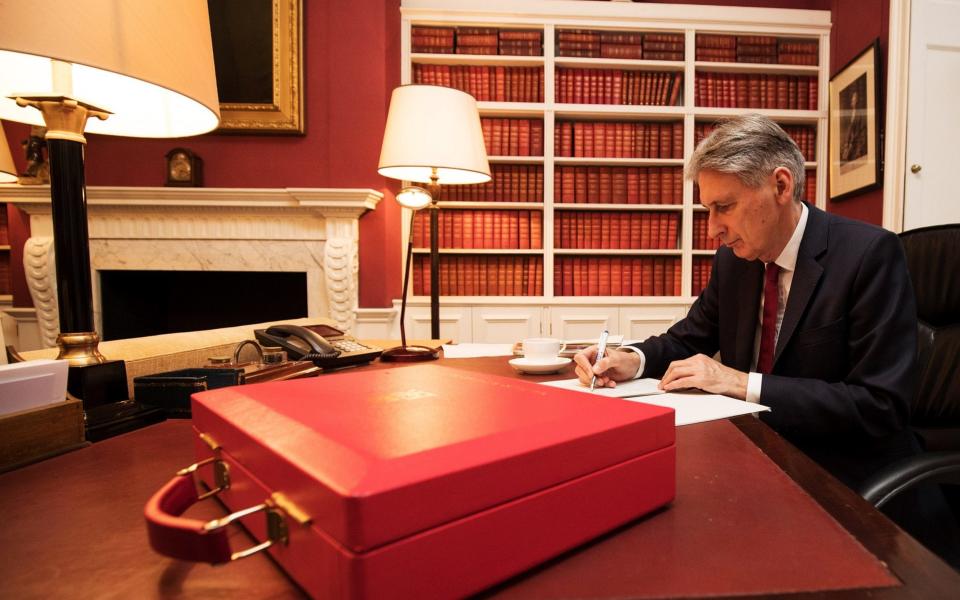What the Budget means for you

Below we describe how the measures announced in today's Budget are likely to affect your own personal finances. As the Chancellor's speech progresses we summarise his announcements and assess their likely impact on your pocket.
We cover income tax, stamp duty, the duties on fuel, alcohol and tobacco and air travel: anything that is likely to affect your standard of living, now or in the future.
Stamp duty
Stamp duty will be abolished for first-time buyers on properties worth up to £300,000, or the first £300,000 of a property worth £500,000. This will save £1,660 on the average first-time buyer property.
The Chancellor said 95pc of first-time buyers who pay stamp duty will benefit while 80pc of people buying their first home will pay no stamp duty. There will be no relief for those buying properties worth more than £500,000.
Income tax
The personal allowance will rise from £11,500 to £11,850 in April 2018. The threshold at which the higher rate of tax of 40pc applies rises from £45,000 to £46,350 in April 2018. The changes will save the average basic-rate taxpayer £1,075 a year, Mr Hammond said.
Car taxes
From April 2018 vehicle excise duty on polluting diesel cars will go up by one "band" of duty, although vans will not be affected. Charging electric vehicles at work will not count as a "benefit in kind" for tax purposes.
"We will cancel the fuel duty rise for petrol and diesel cars scheduled for April. Since 2010 we have saved the average car driver £850 and van driver £2,100," Mr Hammond said.
Tax-efficient investments
The Chancellor is to double the amount that you can put into the Enterprise Investment Scheme (EIS) for "knowledge" businesses, from £1m to £2m. However, he said the enhanced perk would not enable the scheme to be used as a tax shelter for low-risk assets.
Tobacco taxes
Duty on cigarettes and rolling tobacco is to rise.
Alcohol duty
Duties on spirits, wine and beer will be frozen, but the tax on "low-cost, low-quality" products such as white cider will increase in 2019. Mr Hammond said the freezing of duty on beer, whisky and wine would mean a pint of beer would cost 12p less on average and a bottle of whisky £1 less.
Air passenger duty
No increases for economy class, paid for by an increase for premium classes and private jets.
Young rail travellers
The Chancellor has announced a new railcard for those aged 26-30, giving 4.5 million more young people a third off their rail fares.
Tenants
The Government will launch a consultation on barriers to longer tenancies in private rented sector, such as mortgage lenders' refusal to allow them.
Owners of second properties
The Government will give local authorities the power to charge a 100pc council tax premium on empty properties.
Travellers to and from Wales
Tolls on the Severn Bridge are to be scrapped by the end of next year.

 Yahoo Finance
Yahoo Finance 